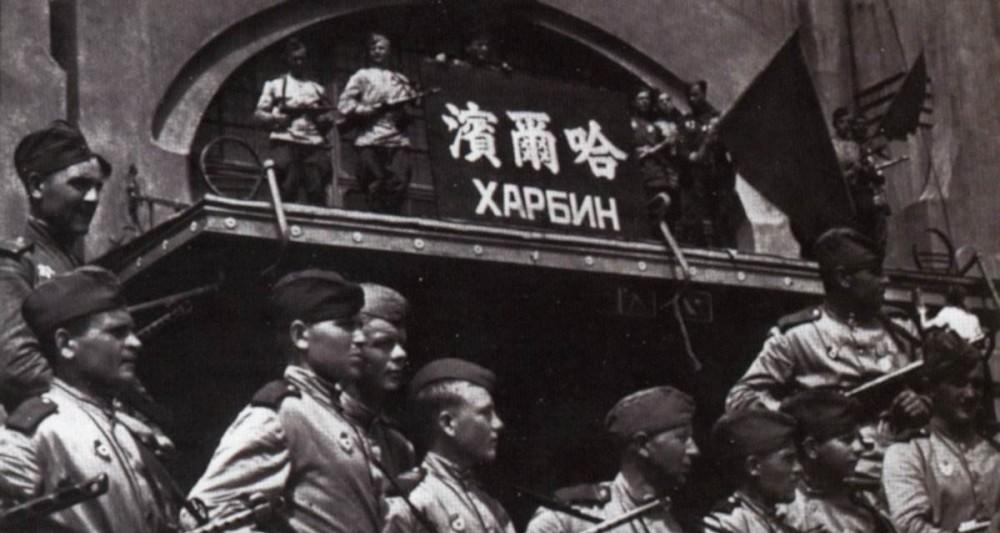The most terrible thing about war is that it breaks all rules and orders, and under the influence of war, morality and goodness become a minority, while atrocities are raging throughout the earth. Before the war began, people could live in peace in areas they knew, and when war broke out, they often had to leave their homes and wander around. World War II as a world war, the casualties are naturally very large, it basically stirred the whole world into a pot of porridge, few countries can survive this catastrophe. Because of the lack of developed means of communication and the destruction of war, the transmission of information has become very slow.

After Japan admitted defeat, the Japanese Emperor announced that Japan would surrender unconditionally, but at that time, a large number of Japanese troops did not return home, such as the Japanese Kwantung Army stationed in the northeast region of China. Later, the Soviet Union decided to send troops to eliminate it, and those Japanese troops lost the battle, so they hid in the Dongning Fortress underground and did not want to come out. It can only be said that the Soviet Union's approach is simply absolute.
After Italy's defeat in the war against Germany, the Axis powers were basically finished, leaving only one Japan still struggling to support, in order to end the war as soon as possible, the United States continued to exert pressure on Japan, while the Soviet Union sent troops to the northeast of our country, the target was the famous Japanese Kwantung Army.
Because the Japanese Kwantung Army at this time was not as strong as before, the Soviet Union did not take much effort to capture most of the Kwantung Army. However, the Japanese troops responsible for guarding the Dongning Fortress were a bit special, they lost contact with the outside world because of some accidents, and they did not know that Japan had surrendered, so they planned to fight to the end in the face of the Soviet attack.
In fact, the number of Japanese troops left in Dongning Fortress is not much, but it makes the Soviet Red Army very headache, because Dongning Fortress is almost the strongest fortress of the Japanese army, most of it is located underground, the Japanese army is determined not to show its head, and it is difficult for people outside to attack.
In order to solve the Japanese army in dongning fortress, the Soviet Union also made a bloody cost, but they also underestimated the fortification of Dongning fortress, and after several days of stalemate, the Soviet army's weapons were used a lot, but the Japanese army basically did not suffer any casualties.
After a long time, the Soviet army also slowly lost patience, so they came up with a trick, first blocking the cracks and exits that the Dongning Fortress could block, and then pouring gasoline, and then lighting a fire. After all, the oxygen underground is limited, coupled with the fierce fire, the fortress that once protected the Japanese army is now a grave, most of the Japanese army is either burned or choked to death, and the survivors are only a hundred.
From a humanitarian point of view, the actions of the Soviet army is indeed a little cruel, and those surviving Japanese troops have also condemned the Soviet army after the war, but if you really want to say it, the Japanese army has no right to disguise itself as a victim to blame the Soviet army, because what is the atrocity they committed in China that is not more brutal than this?
After the end of the war, China was also bent on developing itself, enhancing its military strength and comprehensive national strength, in order to better protect the people, make all countries jealous of us, and not let similar tragic histories repeat itself.